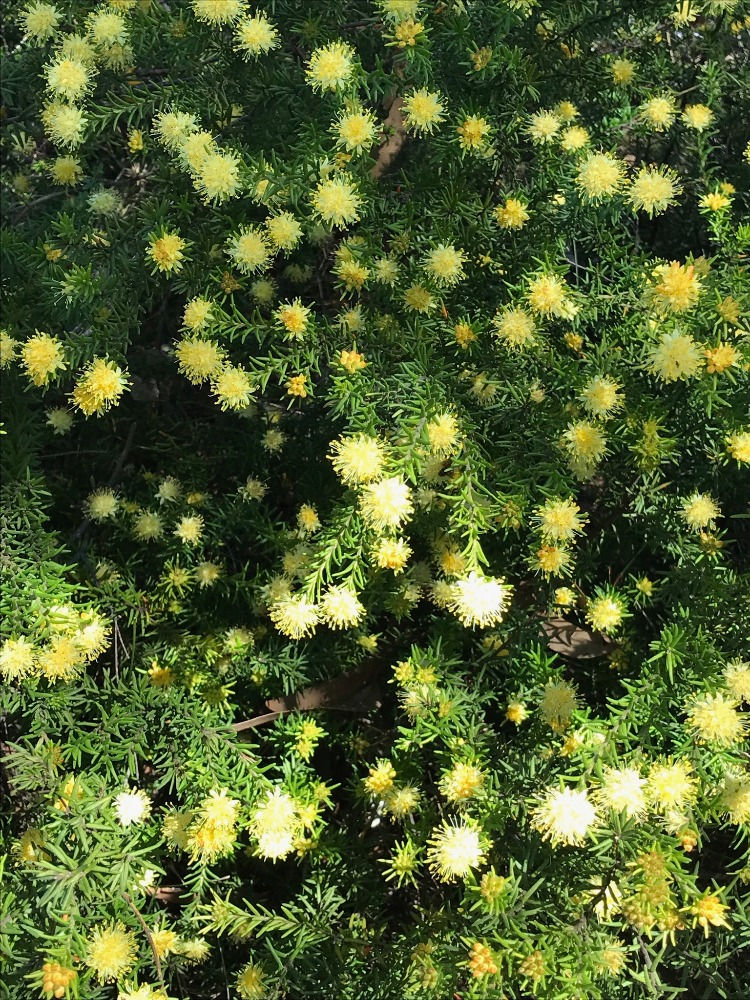Learning to be human - Part Two
- theraschke
- Mar 27, 2024
- 4 min read

In Part One of Learning to be human, I joked a little about this ‘sitting in circles caper’. Yet I find it so fascinating, so curious, that we need instruction on how to live. And, if we seem to be getting it ‘wrong’, we find ourselves in therapy. Without delving too far back into history, some writers and thinkers believe that therapy has come to replace the role that religion has played for centuries. (Carl Jung believed that therapy replaced “tribal mythologies and institutionalised religions”, James Hollis’s words here, p. 14 of The Archetypal Imagination, 2000.) As many cultures turn towards secularism (although not all, of course), humans are left adrift without an avenue for self-exploration, self-understanding, and just general appeasement of the existential anxieties that the human condition brings upon us.
Personally, my life has been visited upon by various mental, emotional and spiritual challenges. I prefer to describe them as challenges rather than diagnoses, or events caused by bad luck, or a series of biological / physiological / genetic, or just plain personality deficiencies. They’re all life challenges that I share with many other people, invariably amplified by the unsupportive culture I have been describing here. These challenges can be variously described as: anxiety, depression, suicide ideation, disordered eating, premenstrual tension, and postnatal depression. Some of these challenges run in my family. As I experienced each of these, I decided to be proactive in going through them. I did not feel inclined to yield to their negative influences, although there will be family, friends and others who might hold different perspectives on my claim here. (It’s true that sometimes we over identify and hold onto the diagnoses allotted to us. Diagnoses can be simultaneously useful and oppressive.)
This is why I have found myself sitting in village halls aplenty, desperate to be told how to live. It might also explain why I developed a preoccupation with ‘soul’. If one cannot possess a clear and socially accepted identity, then perhaps there is something deeper that lies within, something untainted, pure and uncomplicated, lies essentially and exclusively within me. Something that could be described as ‘soul’. This can be seen in my old website www.thesoulspectrum.com, which sought to make sense of the many ways in which people try to make sense of themselves: I felt that each person’s spiritual life was as idiosyncratic as each person. In the end, however, it left me wondering if this condition of cherry-picking across belief systems to formulate an individualised account of one’s self is symptomatic of this greater longing within so many of us to belong to something. If we cannot belong to something external in culture, then we feel compelled to fashion a meaning system for ourselves. This ensures that, “I at least belong to something in within myself.” But what a lonely place to be, especially if it’s not shared.
One saddening outcome is a sense of loneliness and self-alienation. James Hollis writes that we all overlearned our powerlessness. This process of self-alienation from soul, our inner nature, leads us to neglect the outer world … and so we find ourselves abusing our surroundings and facing environmental devastation. Culture restricts our abilities to cultivate soul connection, discourages us from communing with ourselves, others and the natural world.
Many writers and therapists spend time working with and reflecting on the multiple impacts of trauma on individual, collective and ancestral levels (Thomas Hubl, Healing Collective Trauma, 2021). This is what breaks people. Gabor Mate believes that we feel disconnected because we don’t want to be ourselves. The trauma experience propels the action of separating from ourselves. So, the work of therapy is to help a person reconnect with themselves. He often says that therapists are not there to make people feel better … therapists are there to make them better at feeling. He also says that the calamity is the lost attachment to your essence. We cannot overlook the importance of deep listening instead of numbing or denying our nature.
Part of this shift come with calls for cultural repair, for the cultivation and nurturing of life-sustaining, healthy human cultures, including Joanna Macy’s great turning. For us to know that something needs repairing, we need to realise that it is broken in the first place. We need to be able to recognise that something, someone, any living and breathing entity, is dying. Yet so many of us live in a state of denial of death itself.
“It seems to me that where you come from, everybody wakes up every day expecting to live.” This is a quote by Martin Prechtel, as recounted by Stephen Jenkinson. Why do we wake up every day expecting to live? Because, on most days, we have no cause to think about it. If we do think about it, let alone elect to talk about it, we risk frightening those around us with our so-called morbid interests. As Joanna Ebstein describes it, “Ours is the first culture to pathologise an interest in death”.
My feeling is that death denial fuels our disconnected state: we proceed through our existence as if it is unending, we neglect its finitude and hence its preciousness. Death denial is one way in which modern Western cultures are broken.
Given so many of us are going to therapists to be repaired, we tend to think that what is broken is us. We don’t adequately attribute our apparent and personal brokenness to the failures of our culture. We believe it’s a personal failing. We blame ourselves. Cultures instil and then perpetuate this feeling within us. It is time for cultivating a new culture. In therapy, and together.
The Hearthlands is my small contribution to addressing some of these concerns. It is one place where we can work together to recover meaning, and to recover a sense of belonging.



Comments